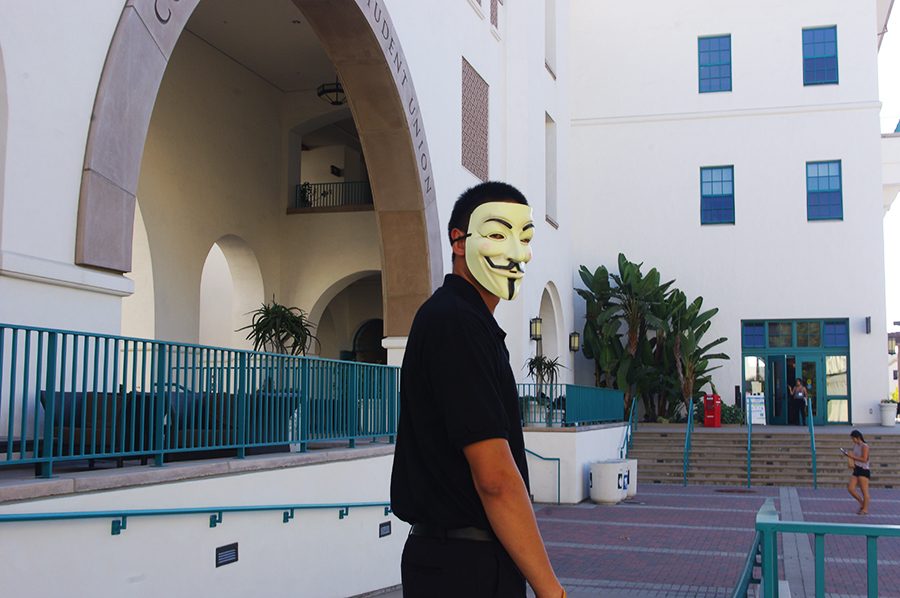Using difficult, random passwords is becoming more necessary and by now everyone knows that using “1234567” is no longer safe.
The San Diego State Hacking Club knows best that passwords are not the only security measure preventing hackers to access your private accounts because they practice defense solutions in their weekly meetings.
Hacking Club advisor Peter Bartoli said there is always a risk when making purchases online, even when using SDSU’s campus Wi-Fi. The university’s wireless network is not encrypted and visible to anyone who wants access.
Luis Mendoza, microbiology junior, said he does not make online purchases while on SDSU Wi-Fi due to fear that it may not be safe to enter information on an open network.
He said that he does not trust SDSU’s Wi-Fi for entering credit card information.
“The real risk for consumers is actually in the merchants accepting forms of payment,” Bartoli said. “The high value targets are retailers because they sit on large databases of information.”
Companies and banks are aware of these issues and have procedures they follow if credit card theft occurs. There are still ways the bank can reimburse the funds.
There are also hackers who send out scams via email for data breaching.
Co-founder of the Hacking Club Jason Berneberg and Bartoli agree that identity theft is the most painful situation online.
President of the Hacking Club Danelle Paul ran a mock-phishing campaign last year to raise awareness on the risks of clicking on unknown websites.
She said several students clicked on the link, and one alerted the chief security officer on campus before realizing that it was a mock campaign.
“If you are dealing with private information, don’t do it on State’s network and never assume that everything is one hundred percent secure,” Paul said.
The Hacking Club is currently preparing for several competitions including the Cyber Collegiate Defense Competition, a national cyber security competition.
Members will be participating in a series of different competitions before competing in the qualifiers in January.
Berneberg, who has placed in several divisions at the National Cyber League, said cyber security is something SDSU students need to be aware of because anyone with motivation and drive to get private information is capable of attaining it.
“In terms of real world analog, you can keep throwing money at security issues but there are still residual threats,” Bartoli said.
The Hacking Club is preparing students to get high-paying jobs states, Bartoli said in an e-mail.
The Hacking Club will be competing in the Capture the Flag competition, which is a jeopardy-style competition where students will need to answer questions about networks, penetration and computer systems.
Paul encourages students outside of the computer science major to attend Hacking Club meetings on Fridays at 6 p.m. in North Education 73 to learn about cyber security.







